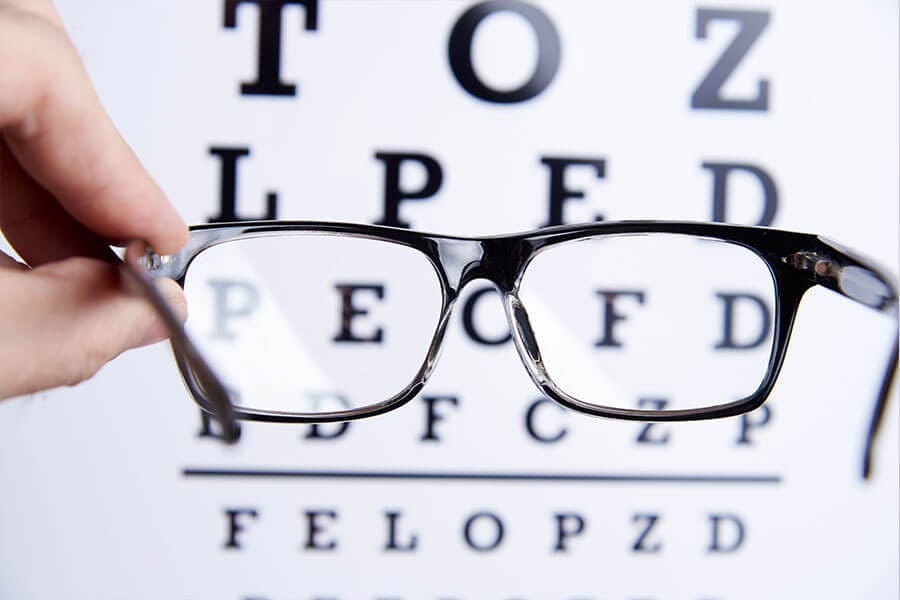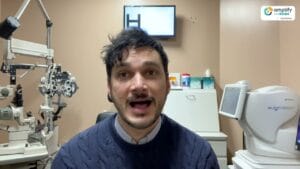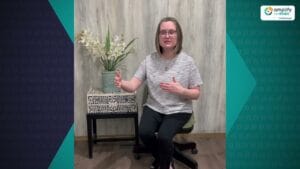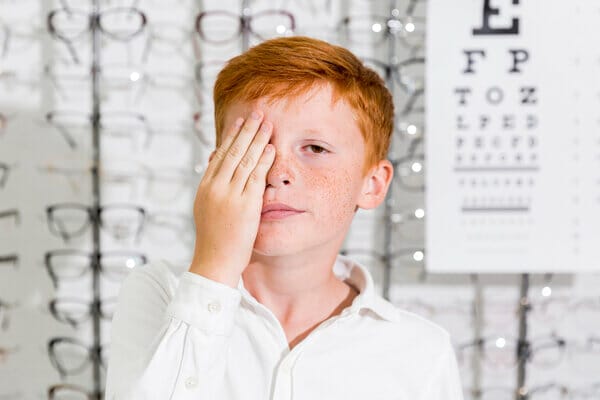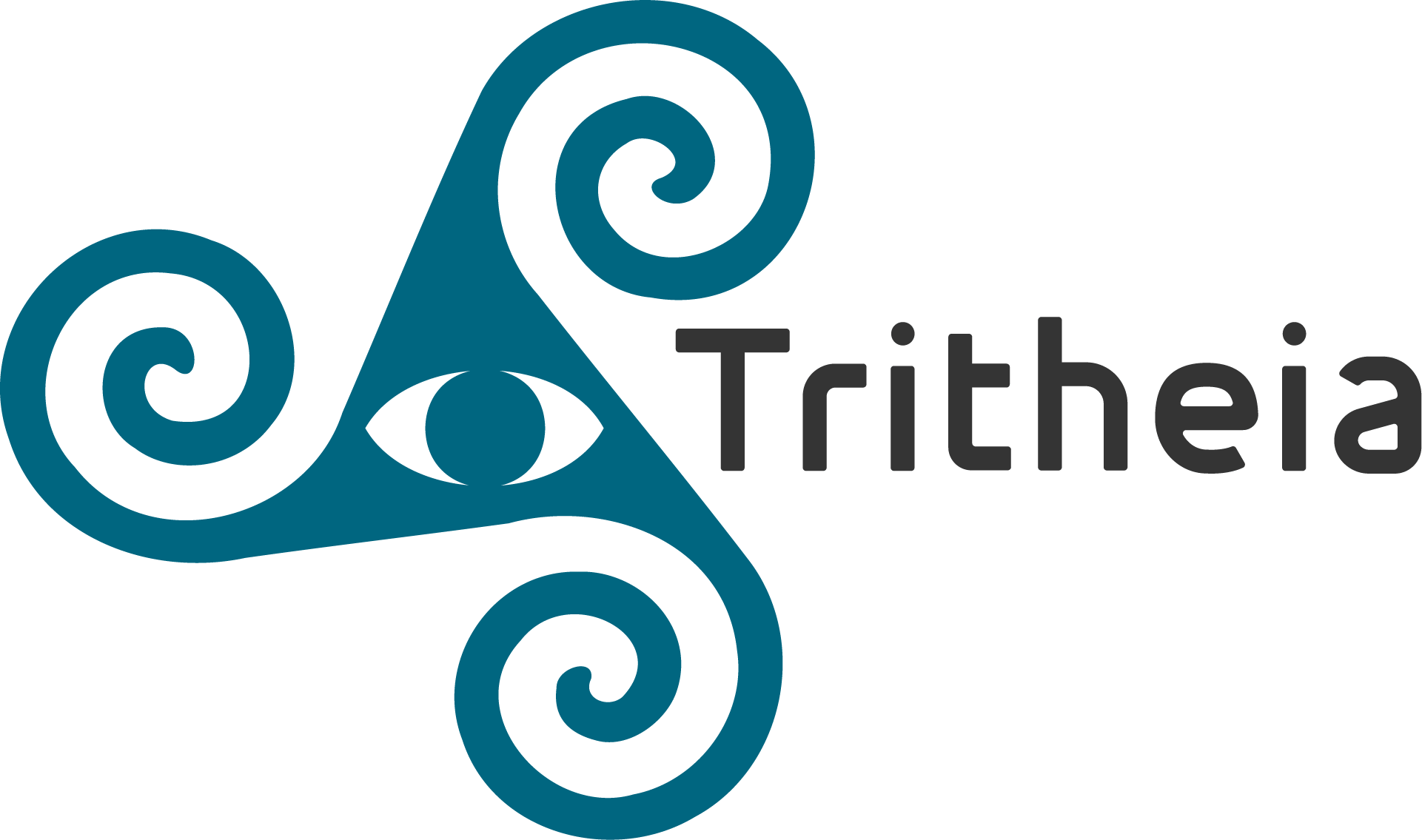What is 20/20 Vision?
Most of us grew up equating 20/20 vision with perfect vision and at a certain point, it seemed that having “the best” eyesight was a goal for which we needed to strive. However, many years of education and learning later have taught us that there is no such goal. Perfect vision, it seems, is a myth. And the biggest surprise of all is that 20/20 vision is merely average. In fact many competitive athletic programs screen their athletes to assess much more than 20/20 vision including visual skills such as spatial awareness, depth perception, hand-eye coordination, color contrast, and peripheral vision.
When we talk about 20/20 vision, it’s important to know what the numbers mean and how they've come to define how well, or not, we see. In the United States, where distance is measured in inches and feet, the number 20 represents the number of feet between patients and the standard E chart optometrists use to test visual acuity. In turn, your ability to see clearly is based on how well you can read the letters and numbers on the chart from this distance. In the UK and other countries that use the metric system, 20/20 vision is known as 6/6 vision, an indication of how many meters rather than feet, stand between patient and chart.
The Snellen 20/20 fraction, named for the ophthalmologist who created this system, corresponds to two distinct factors. The top number of the fraction represents the distance between the patient and the chart, and the bottom number corresponds to lines on the chart. If for example, you can read the large E at the top from a distance of 20 feet, you have 20/200 vision. Because the system measures how well people see on average, 20/200 actually indicates rather poor visual acuity. To further clarify, 20/20 vision is a measure of how well the average person sees, not the one with unrealistically “perfect” vision.”

